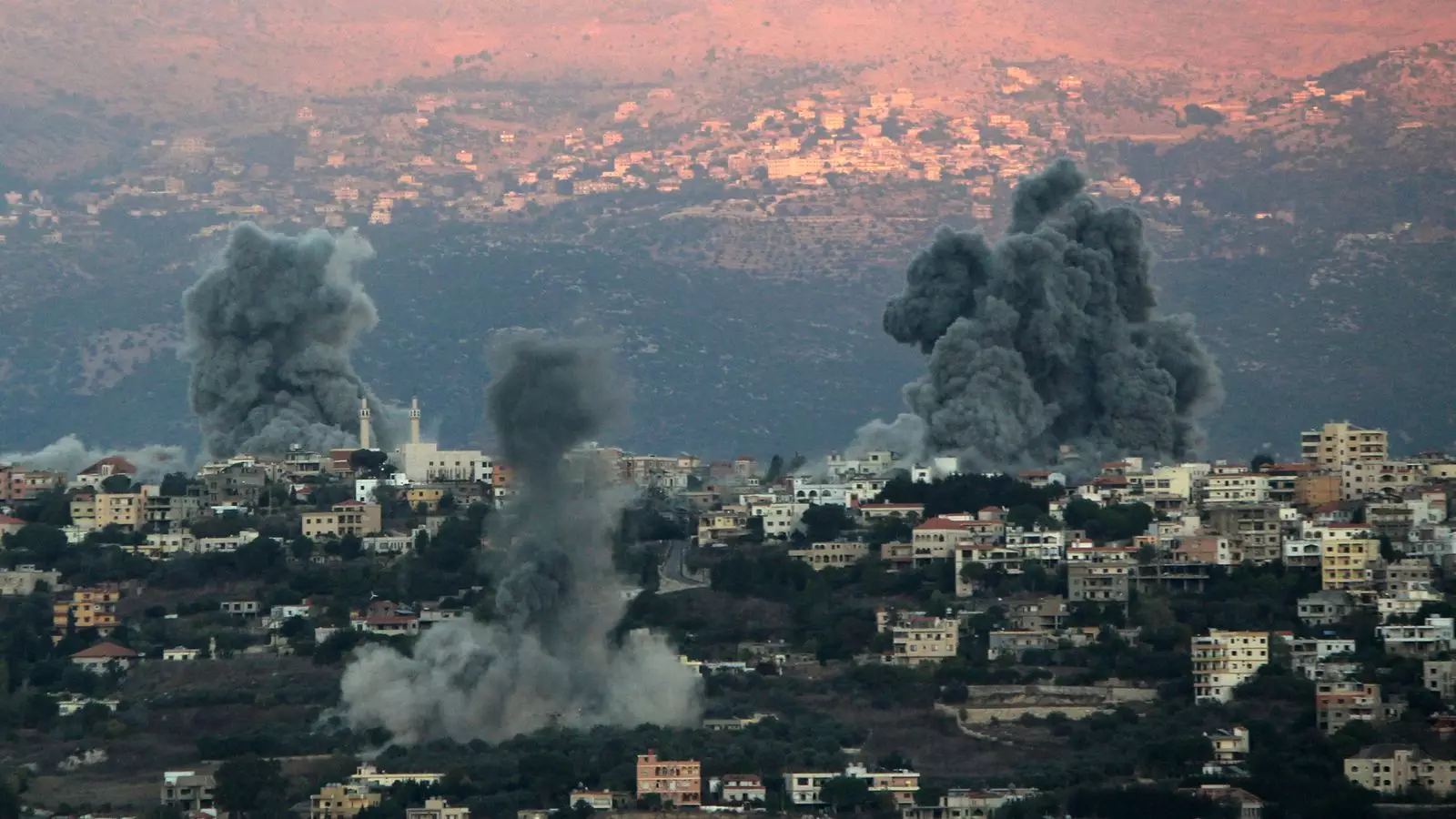The ongoing geopolitical tensions in the Middle East have reached a new intensity, compelling the British government to issue urgent evacuation advisories for its citizens in Lebanon. Foreign Secretary David Lammy’s recent calls for immediate departure underscore the precariousness of the situation, particularly after the assassination of Hezbollah leader Hassan Nasrallah in Israeli airstrikes. This event has heightened fears of a potential escalation into a broader war, not just in Lebanon, but across the region. The urgency of Lammy’s message reflects the chaotic and fast-moving nature of the conflict, as governmental and military responses strive to keep pace with developments on the ground.
Lammy’s announcement outlined a robust logistical framework for aiding British nationals trapped in Lebanon. With estimates of around 5,000 British citizens in the country, the establishment of a rapid response unit is a critical step. The presence of 700 troops stationed in Cyprus, along with pre-booked commercial flights, indicates a proactive approach to ensuring the safety of these individuals. This operational readiness exemplifies the government’s commitment to its citizens, even amidst the backdrop of escalating violence. However, the efficacy of these measures is inherently tied to the evolving situation, which may hinder swift action as conditions deteriorate.
Yet, the challenge lies not only in international diplomacy and logistics but also in convincing British nationals of the urgency involved. Lammy’s strong advisories serve as a stark reminder of the dangers present. He emphasized that the government’s ability to provide support might diminish if the conflict escalates significantly. The bureaucratic machinery of international evacuation often struggles against the backdrop of unpredictable violence; thus, the onus lies heavily on the citizens to heed these warnings and act quickly.
Recent developments, including probing operations by Israeli special forces in Lebanon and stern warnings from Israeli officials regarding imminent military actions against Hezbollah, accentuate the volatile nature of the region. The prospect of a full-scale ground offensive poses significant risks, not only for the Lebanese population but also for international citizens who may find themselves caught in the crossfire. As violence escalates, the situation takes on the characteristics of a rapidly evolving crisis, where time is of the essence for evacuations and where miscalculations could have catastrophic consequences.
This precarious state of affairs is exacerbated by the intricate web of alliances and enmities that defines the current geopolitical climate. Iran’s involvement and its backing of militant groups like Hezbollah complicate the prospects for peace and stability. With the relationship between the United States and Iran also in a delicate balance, any misstep could lead to disastrous ramifications, cementing Lebanon’s position as a flashpoint in broader Middle Eastern conflicts.
Diplomatic Engagement and the Path Ahead
In light of these challenges, Lammy’s diplomatic engagement with counterparts such as U.S. Secretary of State Antony Blinken indicates a concerted effort to promote de-escalation. Such dialogues are crucial, yet they also highlight the limitations of diplomacy in the face of rapidly changing on-the-ground realities. The stark warnings from Israeli leadership suggest a pivot towards more aggressive military strategies, which increase the urgency for both international and regional actors to navigate this delicate situation carefully.
The potential for broader military involvement, particularly if Iran is drawn into direct confrontations with Israel, signals a complex web of threats. Lammy’s recent discussions with Iranian officials signify a recognition of the importance of engaging rival powers to avert further escalation. However, the efficacy of these discussions must be scrutinized; amidst heightened military tension, the window for peaceful negotiation is shrinking rapidly.
The situation in Lebanon illustrates the complexities of modern geopolitics, where individual lives are often caught in the crossfire of international power struggles. The ability of governments like the UK’s to respond effectively is contingent not only on their logistical preparations but also on the willingness of citizens to heed urgent warnings. The path ahead requires deft diplomatic engagements and a commitment to prioritizing human safety amidst chaos. As events continue to unfold, the plight of British nationals remains a stark reminder of the human toll of geopolitical conflicts, urging both individual action and collective commitment to avert further tragedy.


Leave a Reply